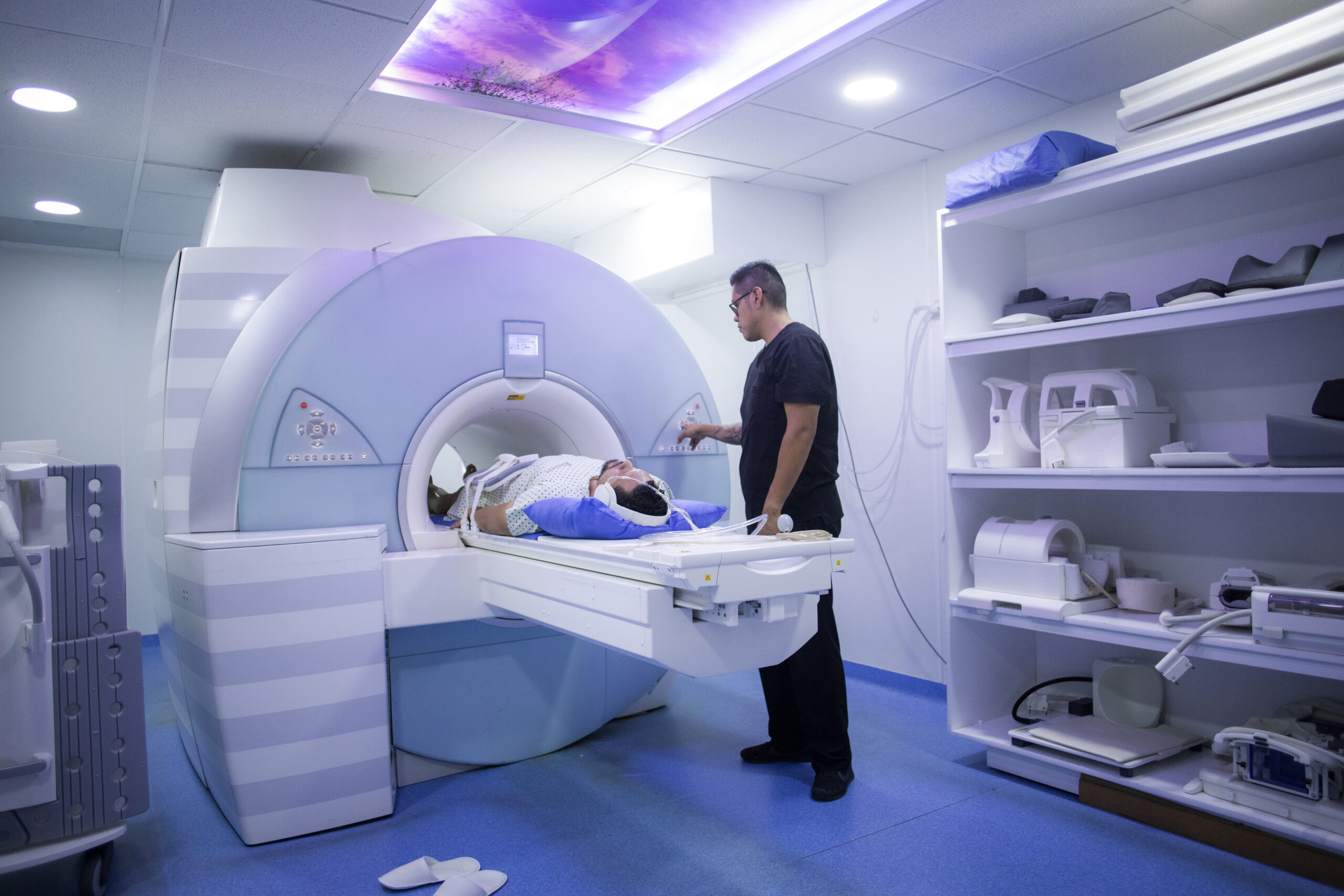Ordering Patient MRI & CT Exams: What To Do & What NOT To Do

In 2011 the Office of Inspector General conducted a nationwide audit of emergency department patients and discovered that 12 percent of all MRI and CT exams as well as 9 percent of all X-rays had no orders in the medical record. Naturally, they recommended that Medicare request a refund back for every one of these services.
The truth is, radiological exam orders continue to be a challenge for both health care organizations and doctors alike. How should a radiologist proceed if the order given doesn’t match a patient’s actual needs? A simple question that belies the complexity of the compliance issues it could engender.
Orders Via Medicare
Requirements for services ordered in a hospital setting can be found in the Medicare Hospital Conditions of Participation (COP), which can be found in 42 CFR §482.26(b)(4). 42 CFR §482.26(b)(4) and essentially mandates that all services provided by the hospital must have an order in the patient’s medical record, and the order must match what was provided.
Additionally, the COP explicitly states that only a practitioner with “clinical privileges” can order the services in question. What this means is that if a hospital governing body has authorized you, the doctor, to order services for patients, those orders are now valid under the COP.
Diagnostic tests can only be ordered if deemed “medically necessary.” Furthermore, if an order is changed from what was originally requested, the medical necessity of the change also must be documented to support the revised order.
Common Exceptions to Medicare Orders
Of course, there are exceptions to the rules laid out above, and it would be helpful to understand how these exceptions might play out in a hospital setting.
- In the case of Medicare orders that do not specify the exam protocol, the radiologist may make what is known as a “test design decision.” This allows a radiologist or other authorized medical professional to determine how the test should be performed based on the patient’s clinical indications without notifying the referring physician.
- The radiologist may also make changes to the order when an obvious error is present such as a test order for an X-ray of the left foot when the right foot is clearly injured.
- If the patient’s physical condition does not allow for an order to be carried out, the radiologist may cancel it.
- Medically necessary “scout” images, or images made to allow another procedure to proceed, are also permissible (and billable) under Medicare.
Obviously, many of these exceptions that may apply to Medicare orders might not apply or be permissible according to your facility guidelines. Remember, individual payer guidelines always prevail.
Non-Medicare Orders
Commercial payers generally require precertification, also known as preauthorization, before diagnostic exams, such as MRIs, CT, and PET scans can be ordered and administered. It is typically the referring physician and his staff’s responsibility to obtain this preauthorization from the payer by providing the requisite medical reason for the order. Because the referring physician owns the patient’s medical record, it is critical that he or she obtains the approval and retain documentation indicating why the exam was ordered so as to minimize any potential conflicts of interest. Incorrect orders must be sent back to a referring physician and replaced with a new order or precertification.
We Offer Concierge Level Radiological Services
If you are a physician or medical facility and would like to refer a patient, please provide your order via EMR, fax or our convenient app, Green Patient Connect. We'll handle scheduling, pre-certification, and patient prep. We'll also keep you updated on the status of you patient's exam, and provide customized reports via our PACS portal or the delivery method you prefer.













